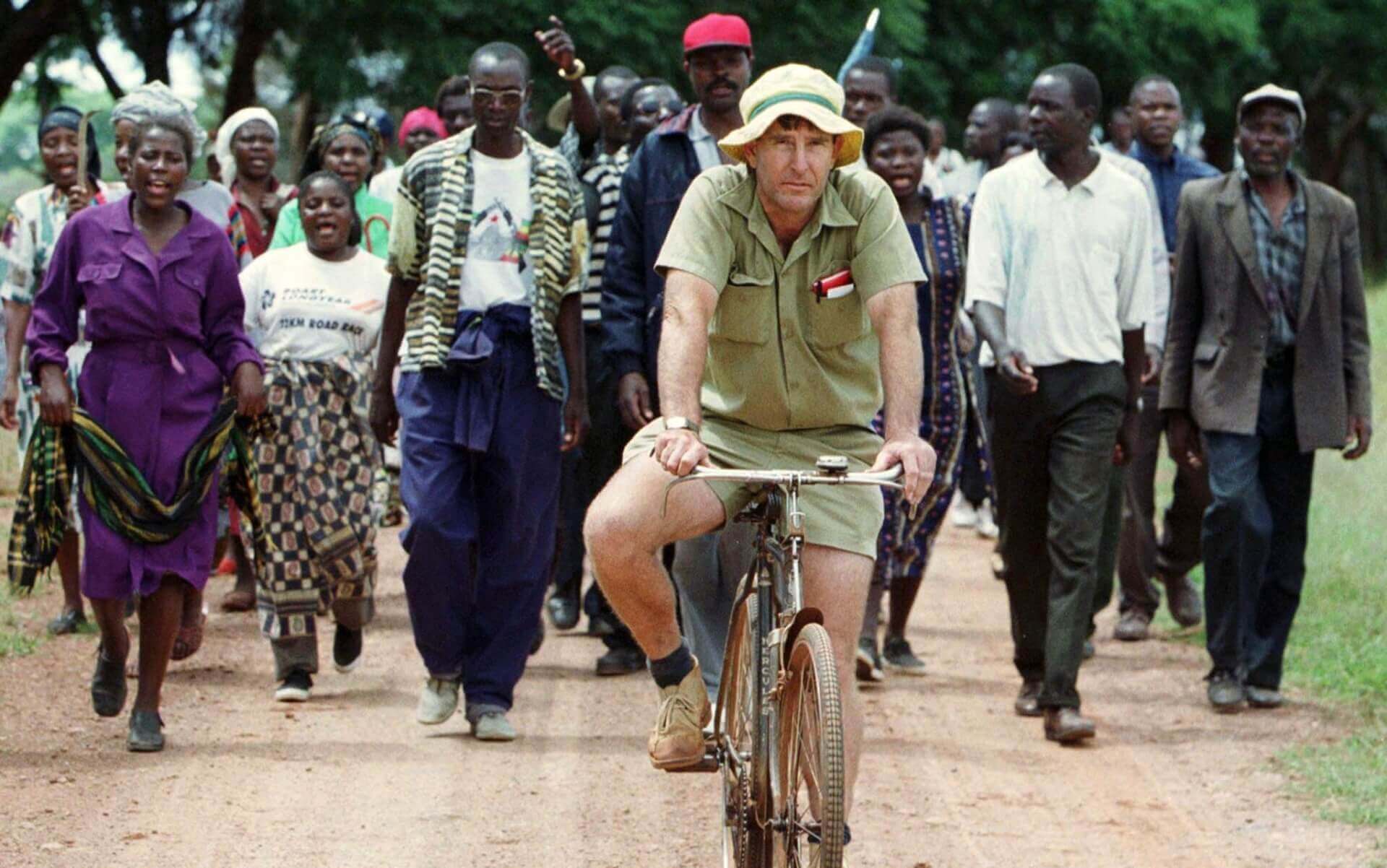In furtherance of the $3.5 billion compensation for white commercial farmers whose land was seized during land reforms in the early part of the new millennium, the Zimbabwean government has now decided to give some of that land back to them.
In July, Finance and Economic Development Minister Mthuli Ncube and Commercial Farmers Union President Andrew Pascoe signed a historic deal called the Global Compensation Deed (GCD). The GCD, whose signing was overseen by President Emmerson Mnangagwa, was also signed by acting Agriculture, Lands and Resettlement Minister Oppah Muchinguri, as well as the Southern African Commercial Farmers Alliance, Valuation Consortium (Pvt) Ltd, and the Compensation Steering Committee.
At the time, Mnangagwa remarked that the signing of the agreement cemented the ‘irreversibility’ of the land reforms and said that the deal was simply one of “goodwill” and would not “create any liability to the country”. He said, “We cannot change the past; we can only learn from it. I therefore, exhort you to build on the goodwill and trust we have developed from experience of negotiating for these agreements, to move forward with the national interest as the overriding principle.”
Before entering the possession of the white farmers, the land was illegally seized by the British South Africa Company under orders from the British Colonial Office during the 1890s through the Land Appointment and Land Tenure Acts. The land reforms that occurred twenty years ago under Robert Mugabe, who ruled from 1980-2017, aimed to address this injustice, but resulted in violent land grabs that led to the seizure of 4,000 farms from Zimbabwe’s 4,500 white commercial farmers.
The GCD aims to recompense farmers for ‘infrastructural improvements’ that they undertook on the land, such as “land clearance, drainage, irrigation, trenching, fencing, dams and boreholes, [and] buildings”.
At the same time, the deal aims to facilitate “increased productivity” and “food self-sufficiency and nutrition” through “resource mobilization”. When the deal was signed, it was unclear how this would be achieved. However, this week, the government gave an indication on this front when it made somewhat of a U-turn by saying that it will indeed be giving land back to some white farmers.
Finance Minister Mthuli Ncube and Agriculture Minister Anxious Masuka announced that both Zimbabweans and foreign nationals can “apply for restoration of title to the piece of agricultural land that was compulsorily acquired from them for resettlement”. They added, “[The] government will grant their application where circumstances presently obtaining on the ground permit the restoration of their land to them.”
In order to avoid a re-escalation of conflict, the government will rescind its offer of land to the Black farmers currently on those farms and “offer them alternative land elsewhere”, saying, “where a former farm owner regains possession of the land that was previously acquired from them or accepts a government offer of land restitution, this shall be the full and final settlement.”
On the face of it, the ruling government appears to be striking something of a reconciliatory note. However, the true motives behind the move may lie in the spiraling economic crisis that has led to a shortage of even basic goods such as cornmeal. Thus, the Mnangagwa administration hopes that, by restoring the farms to the White farmers, Zimbabwe will be able to boost food production and reduce such shortages and food insecurity.
Zimbabwe Offers Restoration of Land and $3.5 Billion Settlement to White Farmers
Two decades ago, as part of land reforms under erstwhile leader Robert Mugabe, the Zimbabwean government seized 4,000 farms.
September 3, 2020

Zimbabwean commercial farmer Tommy Bayley ahead of war veterans and villagers who set foot on his farm. SOURCE: HOWARD BURDITT / REUTERS
